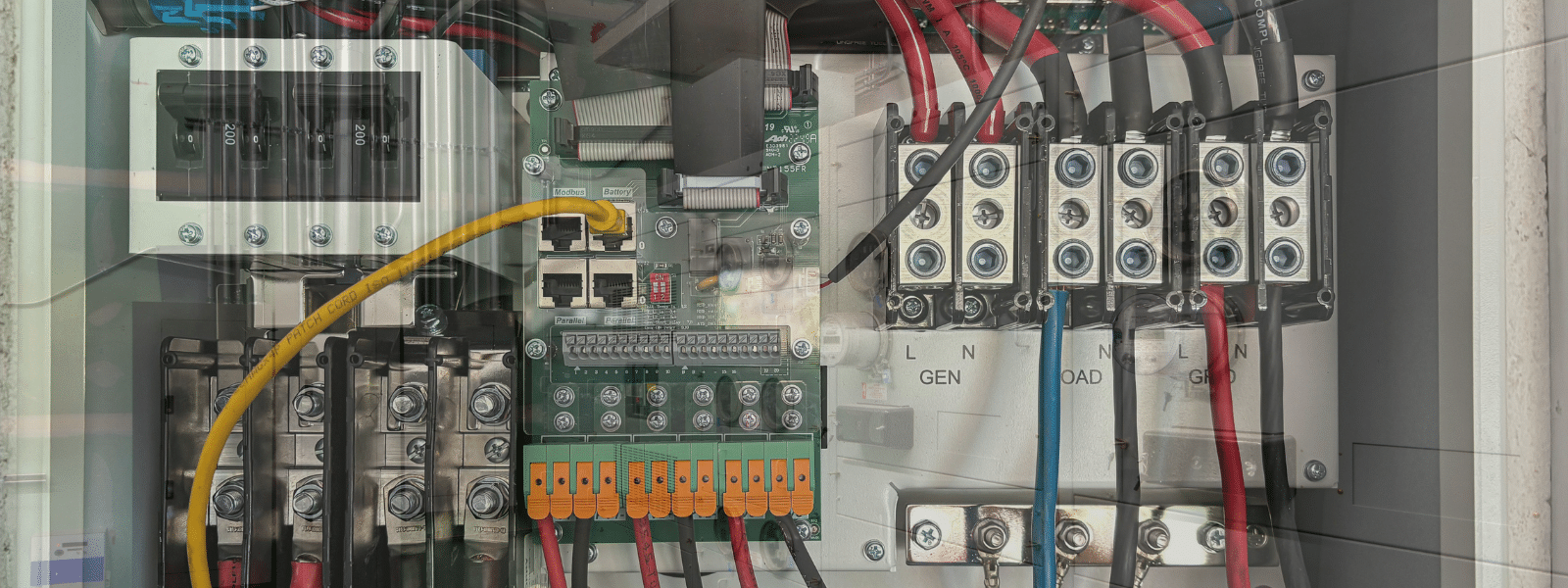As more dangers of PFAS come to light, the Environmental Protection Agency (EPA) continues to implement new strategies to minimize these toxic chemicals from communities across the country.
In this blog post, we’ll take a close look at the most recent EPA PFAS News, including current roadmaps and accomplishments from the EPA.
Ready? Let’s dive in.
What Are PFAS Chemicals?
Per- and Polyfluoroalkyl substances, commonly known as PFAS, are synthetic chemicals used in a variety of industrial and consumer products such as:
- Firefighting foam
- Food packaging
- Clothing
- Non-stick cookware
- Stain-resistant textiles
- Shampoo & other personal care products
- Cleaning products
- & more
PFAS are also called “forever chemicals” since they can take hundreds or sometimes thousands of years to break down. Recent studies indicate that high concentrations of these chemicals can be toxic to humans and the environment.
One of the primary ways people consume PFAS is through drinking water. Luckily, the U.S. Environmental Protection Agency (EPA) is currently taking steps to minimize exposure to these toxic chemicals.
Recent EPA PFAS News: What to Know for 2025
At the end of 2024, the EPA released its most recent report showcasing its strategy for combating PFAS in the U.S., as well as the successes so far.
One of the biggest accomplishments for 2024 was enforcing the EPA’s first-ever national drinking water standard. The association announced it would allot $1 billion to help states implement PFAS testing and treatment for public drinking water.
The rest of the EPA PFAS news report highlights the additional steps taken in 2024 that will continue into 2025:
- Cleaning up PFAS contamination from the air, soil, and waterways
- Advancing chemical safety
- Advancing our understanding of PFAS
- Pursuing enforcement and compliance among businesses
- Reducing toxic chemicals in products and purchasing
It’s important to note that contamination did not occur in a year, so it’s expected to take time to reverse its negative effects.
While the EPA continues to take the same actionable steps forward in 2025, every step matters when it comes to making change happen, and doing your part matters.
Why Are PFAS-Free Chemical Alternatives Important?
One of the best ways to decrease PFAS in the environment is to swap hazardous chemicals for environmentally preferred ones.
A common misconception about making the switch to “green” products is that they don’t work as well. However, it isn’t true! For example, Rip-Tide not only offers an effective clean, but is PFAS-Free and won’t put your workers or the environment at risk.
Additionally, Rip-Tide is a unique solvent-based degreaser that is:
- Non-toxic
- Biodegradable
- Non-flammable
- No acids, no abrasives
- Non-caustic, non-corrosive
Rip-Tide effectively removes grease, carbon deposits, coal dust, fuel oil, and water-based paints. It is safe for use on rubber and plastic components without causing deterioration, even after prolonged exposure.
Click here to shop for Rip-Tide.
Shop Ecolink’s Environmentally Preferred Chemicals
Looking to swap your toxic chemicals for non-toxic ones?
For over 30 years, Ecolink Inc. has provided companies across industries with environmentally preferred chemical solutions.
Contact our chemical specialists today to discover which product is best for your application.















